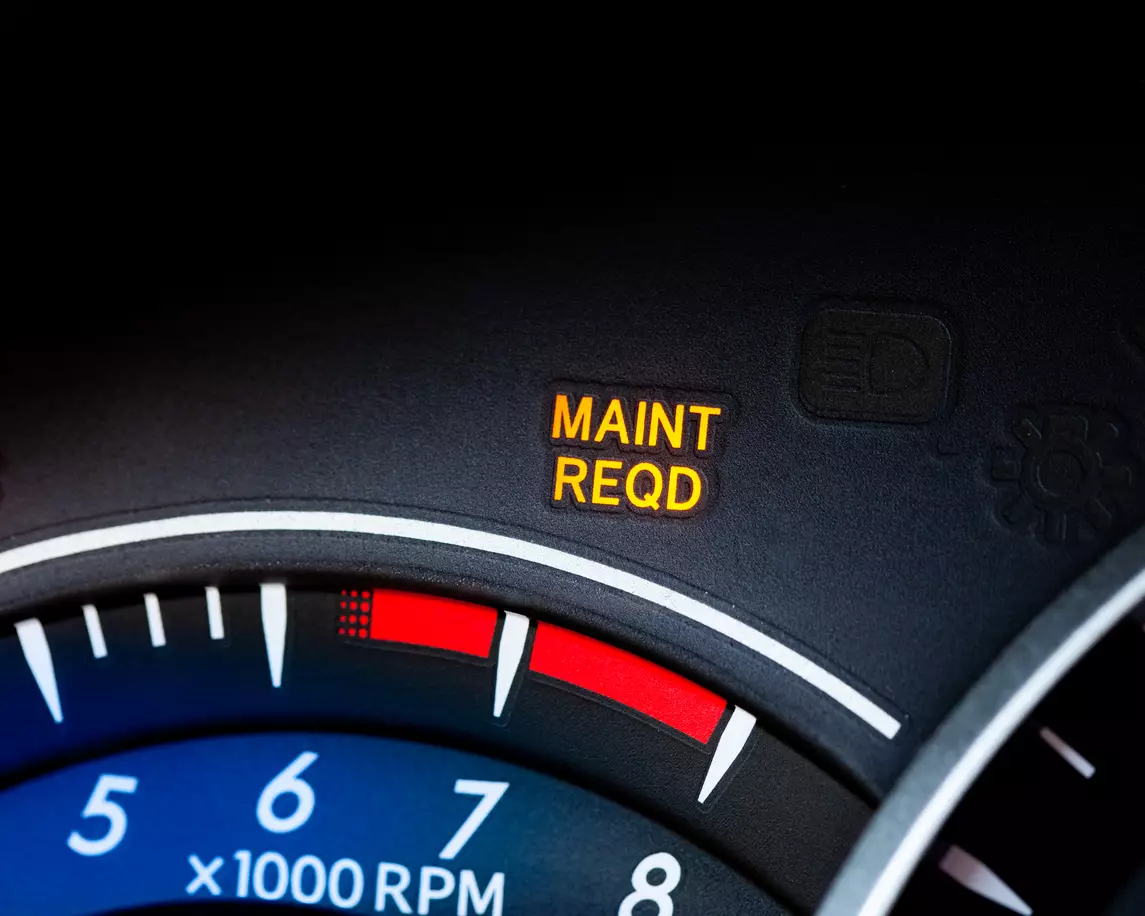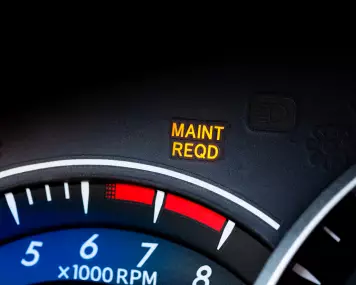Selling a car can be straightforward, but what if there's a lien on it? A lien is a legal claim on a vehicle by a lender until the loan is paid off.
Did you know that in the United States, millions of cars are sold each year, often involving loans and liens? Understanding how to handle these situations is essential to ensure a smooth sale. Let's explore how selling a vehicle with a lien works.
How to Sell a Car With a Lien Privately
Before diving into the process, it is important to know what selling a car with a lien entails. A lien means your lender has a legal claim on the vehicle until the loan is fully paid off. This must be cleared before ownership transfer. Transparency with potential buyers is crucial to avoid surprises. Additionally, understanding the payoff amount and ensuring the lienholder receives payment first are vital steps for a successful sale.
Steps For Selling a Car with a Lien Privately
1. Contact your Lender
The first step in selling a car with a lien is determining the payoff amount. Contact your lienholder to get the exact figure, including the remaining loan balance and any additional fees. Knowing the payoff amount is crucial as it tells you how much needs to be paid to release the lien.
2. Inform the Buyer about selling a car with a lien
Transparency is key when selling a vehicle with a lien. Inform potential buyers about the lien upfront. Explain that the car cannot be transferred to a new owner until the lien is paid off. This honesty builds trust and helps avoid misunderstandings later.
3. Secure the Payment
Securing payment to ensure the lienholder is paid first is essential. One effective method is using an escrow service. The buyer deposits the payment into the escrow account, and the escrow service pays the lienholder. Alternatively, the buyer can pay the lien holder directly.
4. Transfer Title
Once the lien is paid, the lienholder will release the title. Ensure you receive a lien release document from the lienholder. You can transfer the car’s title to the new owner with this document. Visit your local Department of Motor Vehicles (DMV) to complete the title transfer process.
5. Legal Documentation
Finalizing the sale involves more than just transferring the title. Draft a bill of sale that includes all pertinent details, such as the sale price, vehicle identification number (VIN), and both parties' signatures. This document serves as proof of the transaction. Additionally, complete any other necessary legal documents as required by your state.
Is It Illegal to Sell a Car With a Lien on It
Selling a car with a lien on it is not illegal as long as certain conditions are met. The key requirement is that the lienholder be paid off during the sale process. Additionally, transparency with the buyer is crucial. Here’s a detailed look at the legal aspects of selling a car with a lien.
Legal Sale of a Car With a Lien
First, inform the buyer about the lien. Being upfront about the lien builds trust and ensures the buyer knows the additional steps needed to clear the title. The most important part is paying off the lienholder. The lien is released once the loan is paid, and the title can be transferred to the buyer.
Legal Risks of Not Disclosing the Lien
Disclosing the lien to the buyer can lead to serious legal consequences. When a buyer purchases a car, they expect a clear title. If you do not inform them about the lien, you are misleading them, which can result in the buyer taking legal action against you.
Consequences of Bypassing the Lienholder
Attempting to bypass the lienholder and sell the car without paying off the lien is considered fraud. Fraudulent actions include providing false information or hiding the lien's existence. If the lienholder discovers this, you could face severe legal consequences, including fraud charges, fines, potential jail time, or sue you for any financial losses.
What Happens If I Sell a Car With a Lien on It

Selling a car with a lien requires careful handling to protect all parties. Here’s what you need to do to ensure the lien is paid off and what buyers should expect when purchasing a car with a lien.
Ensuring the Lien Is Paid Off
When selling a car with a lien, the first step is determining the payoff amount. Contact your lienholder for the exact figure, including the remaining loan balance and fees. Once you have a buyer, coordinate the payment so the lienholder is paid first.
What Buyers Should Expect
If you are buying a car with a lien, be prepared for additional steps. First, verify the lien status with the lienholder. Ensure the seller has disclosed the lien and understands the payoff amount. Once the lien is cleared, you can transfer the title to your name.
Protecting Buyers
Buyers should take several precautions to protect themselves. Always verify the lien status before completing the purchase. Additionally, before selling a vehicle with a lien you should request a lien release document from the seller once the lien is paid. This document is crucial for transferring the title and proving the lien has been cleared.
What If Someone Sold You a Car With a Lien on It
If you discover that you’ve bought a car with an outstanding lien, contact the seller immediately. Explain the situation and request they resolve the issue by paying off the lien. In many cases, the seller may not have been aware of the lien, and resolving it can be straightforward.
Legal Actions
You may need to take legal action if the seller does not cooperate. You can involve law enforcement if you believe the seller acted fraudulently. Additionally, you can take the seller to court to recover any financial losses. It's crucial to document all communications and keep records of the transaction.
Protecting Yourself In The Future
Always perform a thorough title check to avoid buying a car with a lien. This can be done through your local DMV or online services. Finally, request a lien release document before completing the purchase.
Buying or selling a car with a lien requires careful attention to detail and legal compliance. Key steps include determining the payoff amount, informing the buyer, securing the payment, and transferring the title. Transparency is crucial to avoid legal issues and ensure a smooth transaction. Buyers should protect themselves by verifying the lien status and paying off the loan. Understanding and addressing liens properly helps maintain trust and avoid complications in car transactions.




















